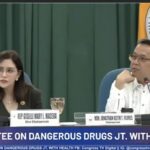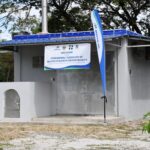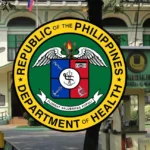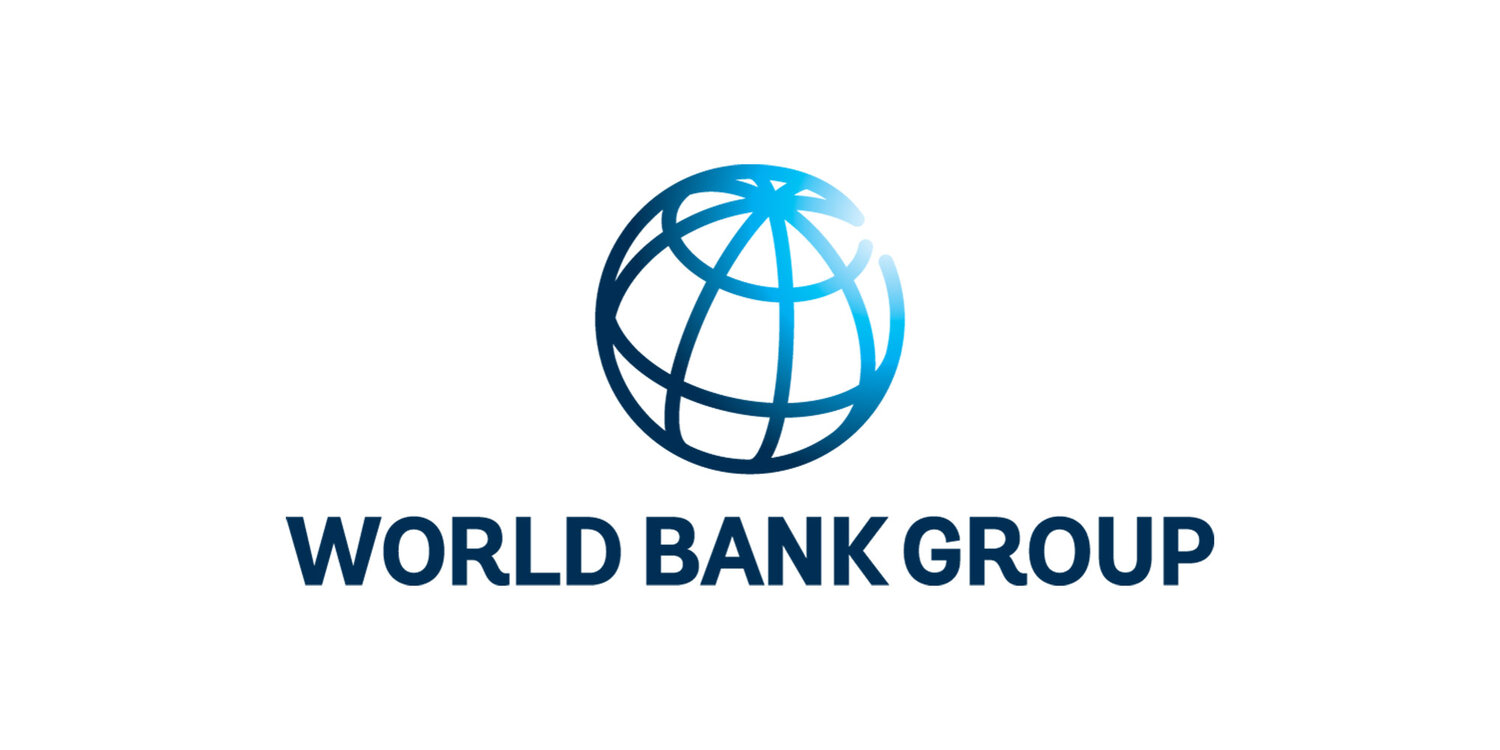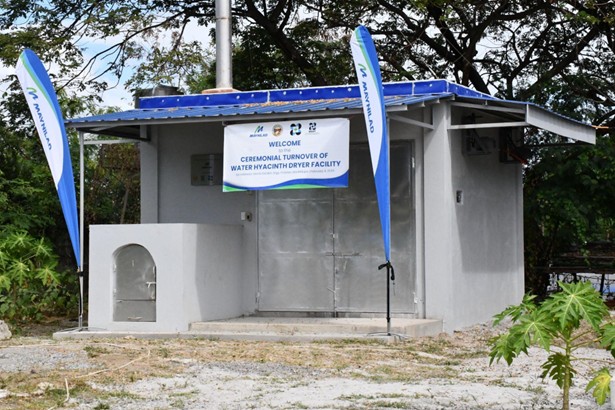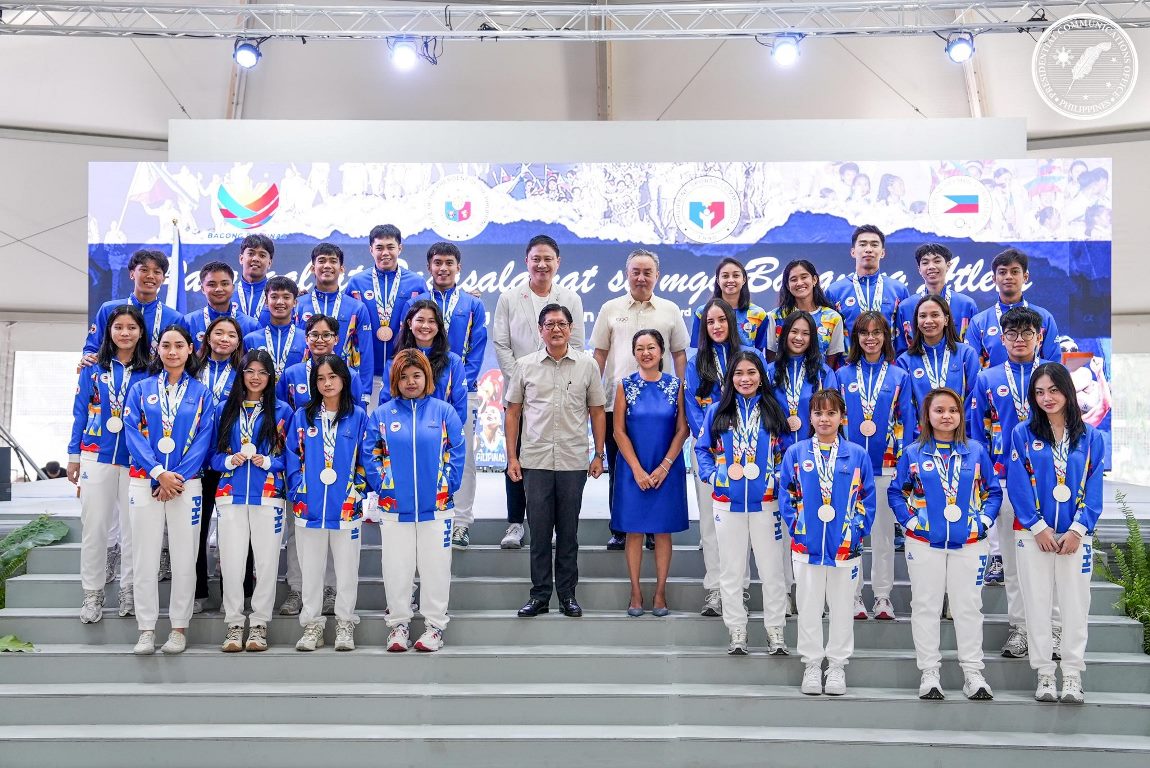The World Bank has recently approved a US$750 million development policy loan (DPL) for the Philippines to help boost its environmental protection and climate resilience.
In a statement, the World Bank said the Philippines’ First Sustainable Recovery Development Policy Loan supports ongoing reforms to attract private investment in renewable energy; enhance plastic waste management through reduction, recovery, and recycling; promote green transport, including the use of electric vehicles; and reduce climate-related fiscal risks from the agriculture sector.
“The Philippines has tremendous potential for renewable energy generation, especially in solar and wind. Government actions to encourage investments in this sector, such as promoting foreign direct investments and streamlining the permitting process, could unlock this potential,” said World Bank country director for Brunei, Malaysia, Philippines, and Thailand Ndiamé Diop.
“Renewable energy can help the Philippines mitigate climate change and bring numerous benefits, including enhanced energy security, the creation of green jobs, and improved access to electricity. It is a crucial step towards a more sustainable and resilient future for the country.”
The Philippine government had earlier set an ambitious target of 50% of renewable energy (RE) in total power generation by 2040. It is also pushing for the slowdown of the expansion of coal-fired power generation capacity from 2026 onwards.
The World Bank said achieving these targets, however, would require more investments in solar and wind technologies and a strong policy environment conducive to investment in RE.
It said the financing program also supports the introduction of new insurance products suitable for vulnerable smallholder farmers and strengthens the coverage and operations of the Philippine Crop Insurance Corp.
The aim is to help mitigate climate-related disaster risks to the country’s budget and the farming sector to reduce poverty and provide a climate safety net for food producers.
The World Bank said the Philippines and other countries, such as China, Indonesia, and Vietnam, account for about 55 percent to 60 percent of the plastic waste that enters the ocean.
For the Philippines alone, about 1.7 million tons of post-consumer plastic waste are generated yearly while the recycling rate is estimated at only 28% for recyclable plastic wastes.
The World Bank said the financing supports the implementation of the Extended Producer Responsibility (EPR) Act mandating large firms to recover up to 80% of plastic packaging wastes by 2028.
Under the EPR law, the financial burden of waste management is shifted to business enterprises, which will reduce the need for public money to pay for the collection, segregation, disposal, and cleanup of packaging product wastes created by these enterprises.
“Advancing economic reforms to transform the economy remains imperative, not only to accelerate but also to sustain the economic recovery and boost long-term growth,” said World Bank senior economist Ralph van Doorn.
“The Philippines has rebounded strongly from the pandemic but continues to face serious challenges, including high global commodity prices, disruptions in global supply chains due to the Russian invasion of Ukraine, weaker exchange rates, and high inflation. Reforms aimed at attracting private investments in public service sectors can open up new sources of economic growth and quality jobs.” (PNA)



